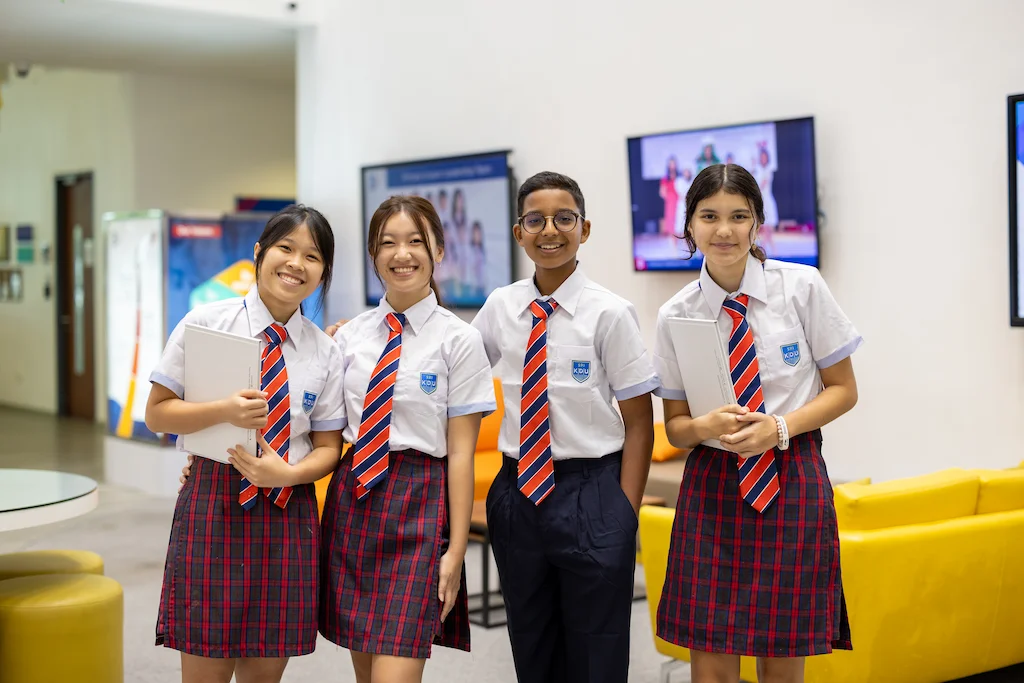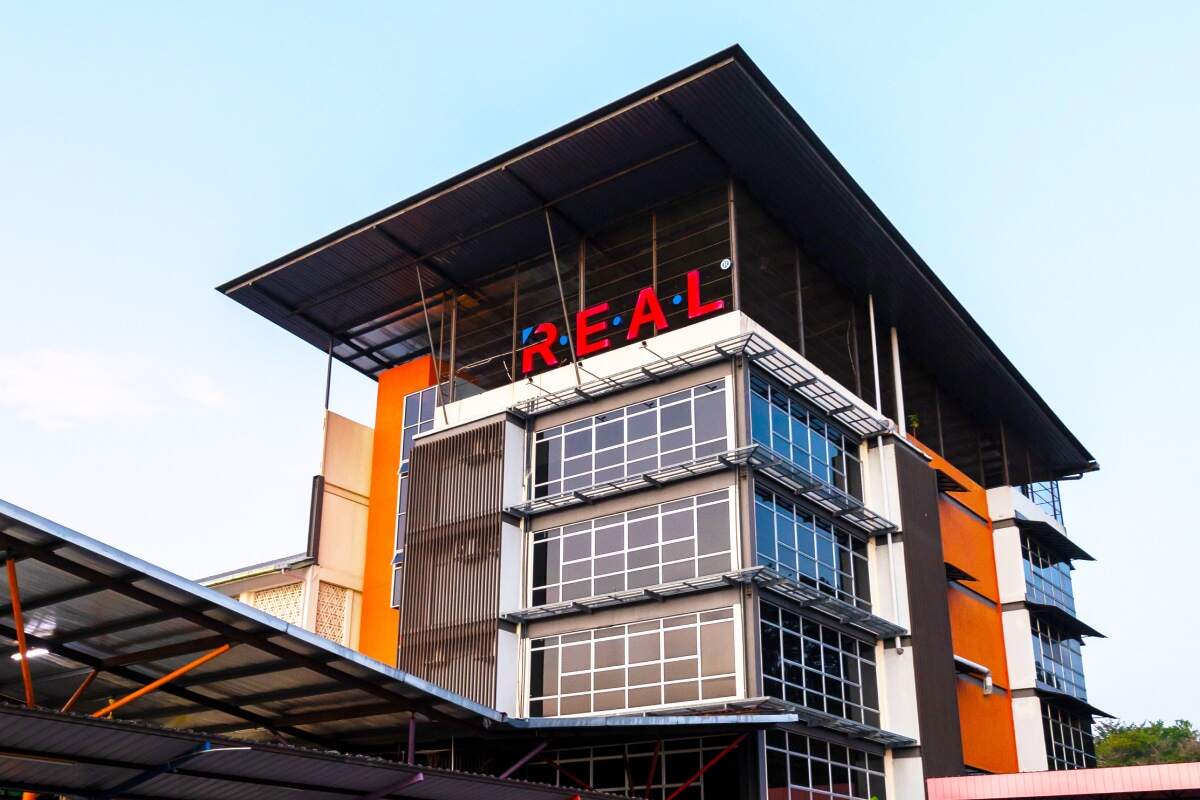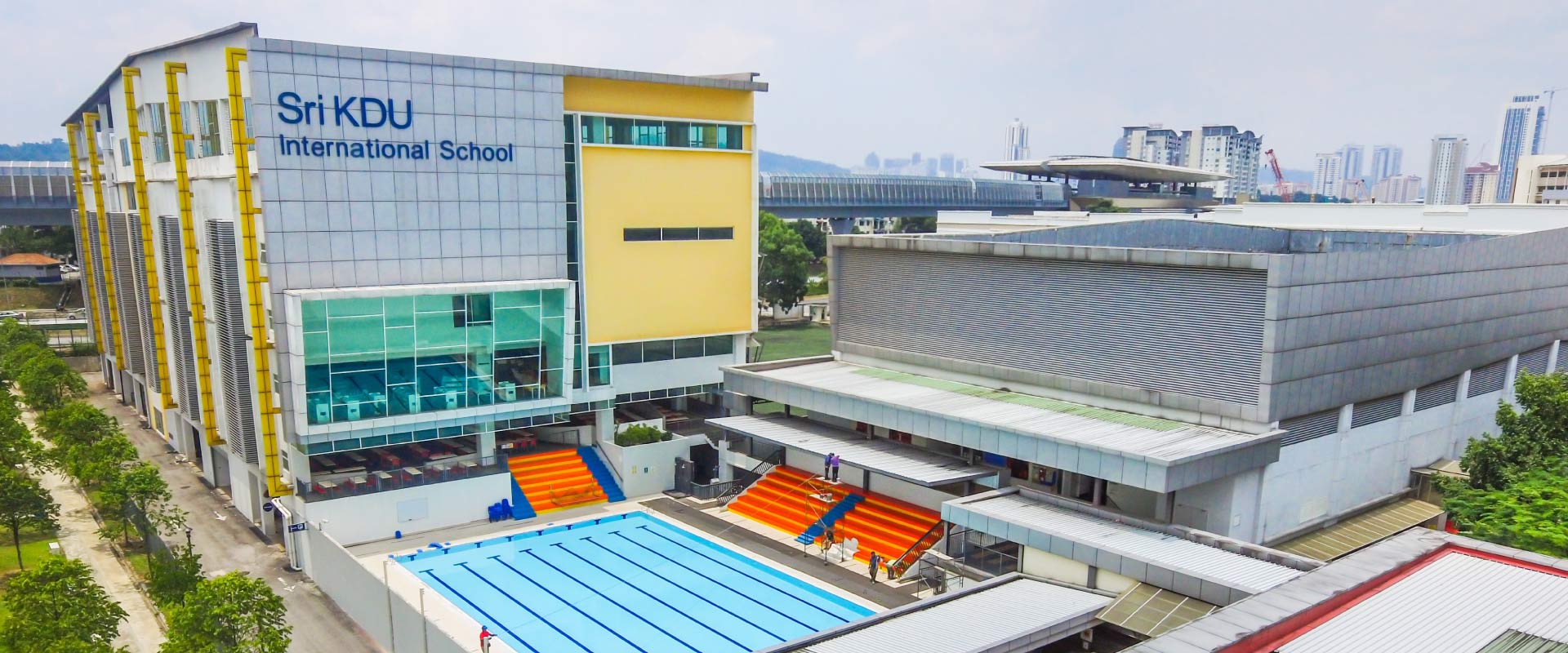Diploma in Accounting: Your First Step Toward a Financial Career
A solid understanding of finance and accounting is essential for success in the business world. For students eager to pursue stable, rewarding careers and parents guiding their children toward practical education, the Diploma in Accounting offers the ideal start.
The Diploma in Accounting at the University of Cyberjaya (UoC) provides a strong foundation in key areas such as financial reporting, management accounting, and taxation. This industry-focused programme equips learners with technical expertise and ethical awareness for real-world application.
Set in the vibrant city of Cyberjaya, UoC offers more than classroom lessons — it delivers an immersive educational experience. Students gain hands-on exposure through projects, case studies, and internships, ensuring they graduate career-ready and confident.
From its beginnings as a technology institute, UoC has evolved into a full-fledged university offering multidisciplinary programmes that meet global standards. Its progress mirrors Malaysia’s economic transformation into a modern, innovation-driven nation.
The Diploma in Accounting is designed to foster analytical thinking, attention to detail, and problem-solving skills. Students learn how financial information drives decision-making, preparing them for dynamic roles across business and finance sectors.
Beyond academics, UoC’s vibrant campus culture builds confidence and teamwork. Students are encouraged to join clubs, participate in leadership workshops, and engage in networking events that broaden their personal and professional horizons.
The Diploma in Accounting also offers a seamless pathway to degree-level studies in accounting or business. With dedicated lecturers and industry support, students can advance academically and professionally at their own pace.
Through close ties with accounting firms and financial institutions, UoC ensures graduates are work-ready. Internships and mentorships provide valuable real-world experience that strengthens employability and career prospects.
The University of Cyberjaya continues to empower the next generation of financial professionals with skills, confidence, and integrity. Learn more about how to begin your journey at https://cyberjaya.edu.my/.


:max_bytes(150000):strip_icc()/GettyImages-1328171458-5b2c06f6aaf241388c8718208fb65540.jpg)






